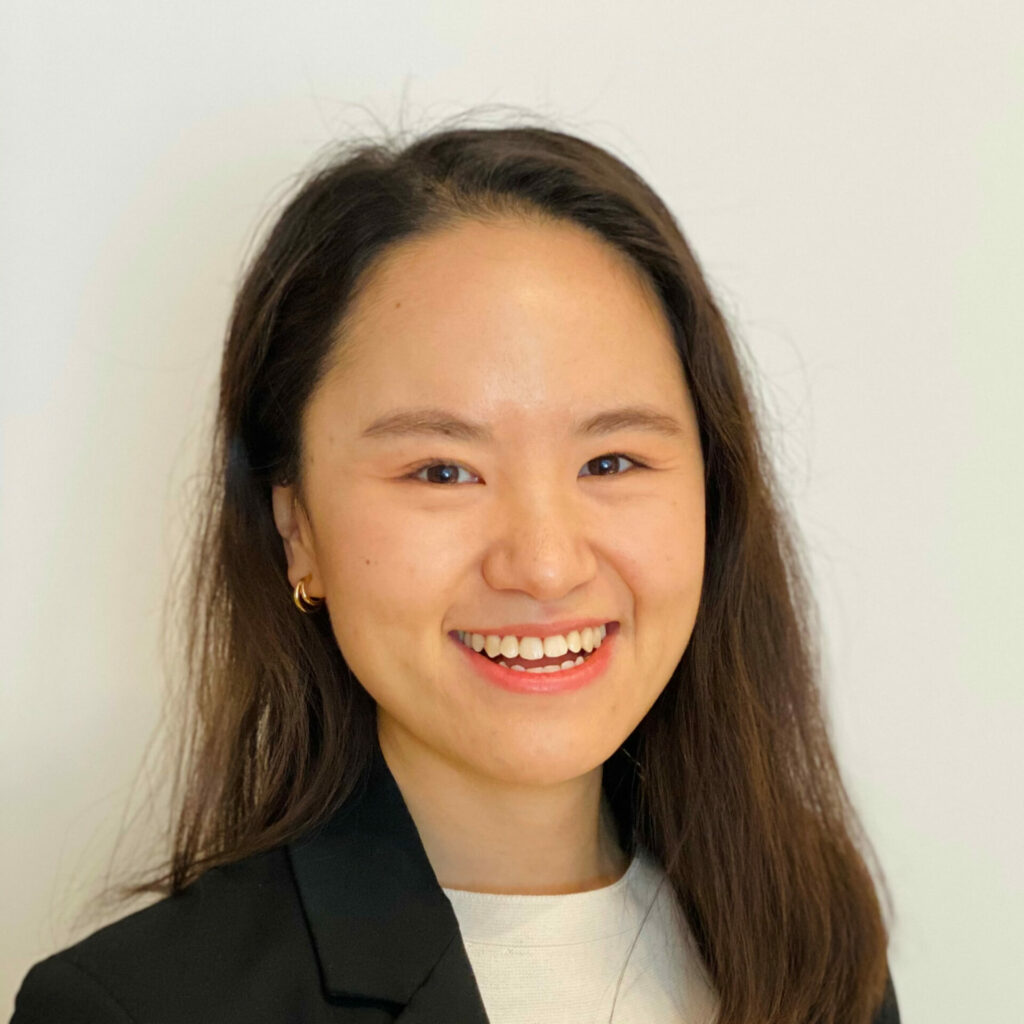Mengyao’s PhD research at the University of Wisconsin-Madison focused on understanding the biological significance of a group of fatty acids called oxylipins and their metabolic pathways in fungi. She revealed the role of oxylipins as molecular signals that direct the lifecycle transitions and metabolism in fungi and shape the interactions between the pathogen and the host immunity during fungal infections.
As a Schmidt Science Fellow, Mengyao pivoted to bioengineering, working with Professor James Collins at the Wyss Institute at Harvard. She explored biotechnological solutions such as building living microbial therapeutics to address human diseases particularly caused by altered immunity. The critical roles of microbes residing in the human body have been widely recognized and studied in human health and diseases. These biological insights, paired with a powerful bioengineering approach including synthetic biology, could transform microbial cells into treatments with desired bioactivity, controlled delivery behaviors, and reduced side effects.
She is now a scientist at LifeMine Therapeutics.
Mengyao is fascinated by the potential of bioengineering in turning naturally occurring biology into creative biotechnological inventions. She is motivated to explore this process and work in a highly interdisciplinary team, eventually creating effective disease treatment strategies and improving the access to these options.
